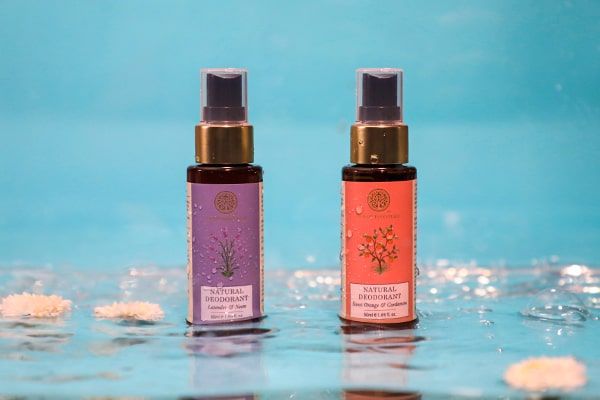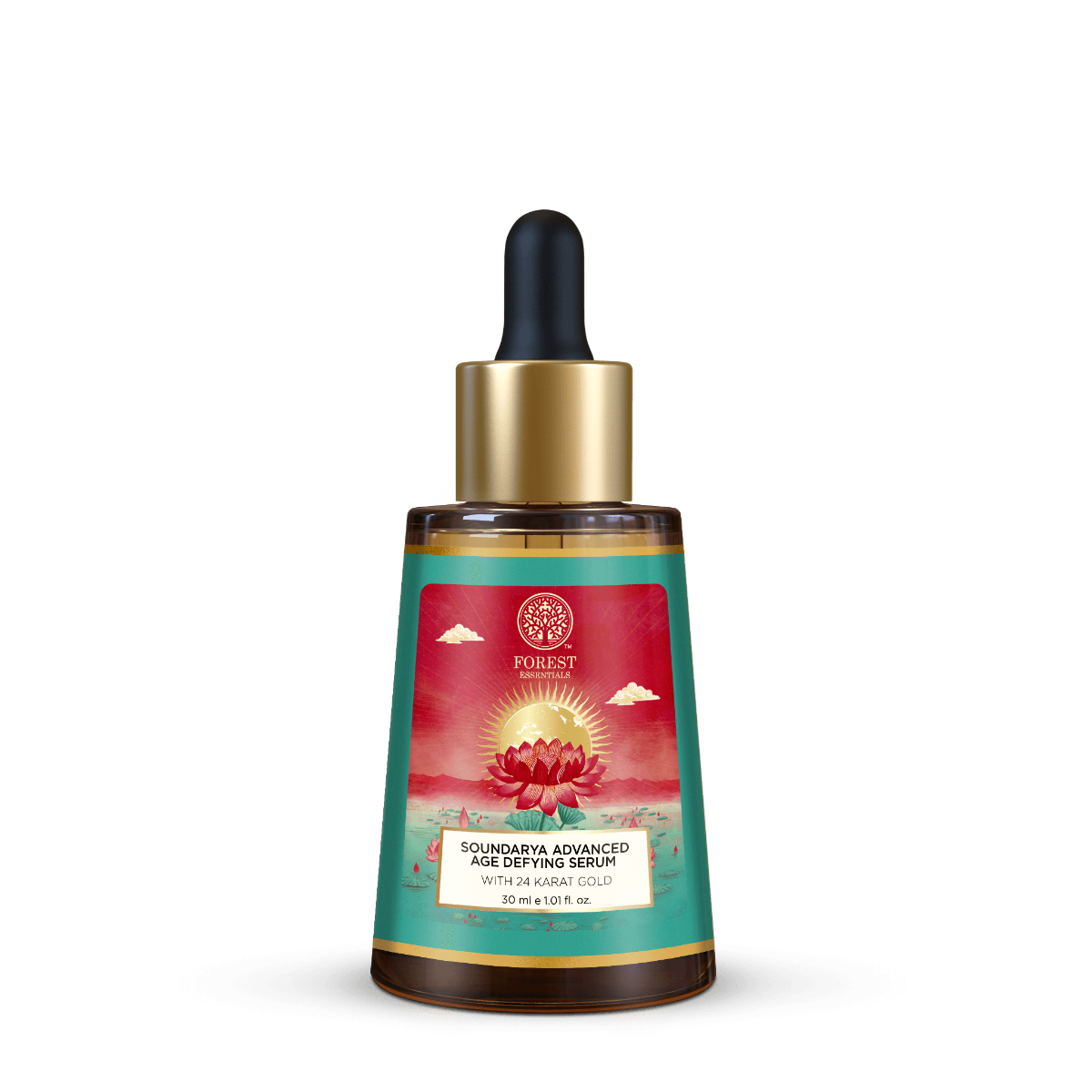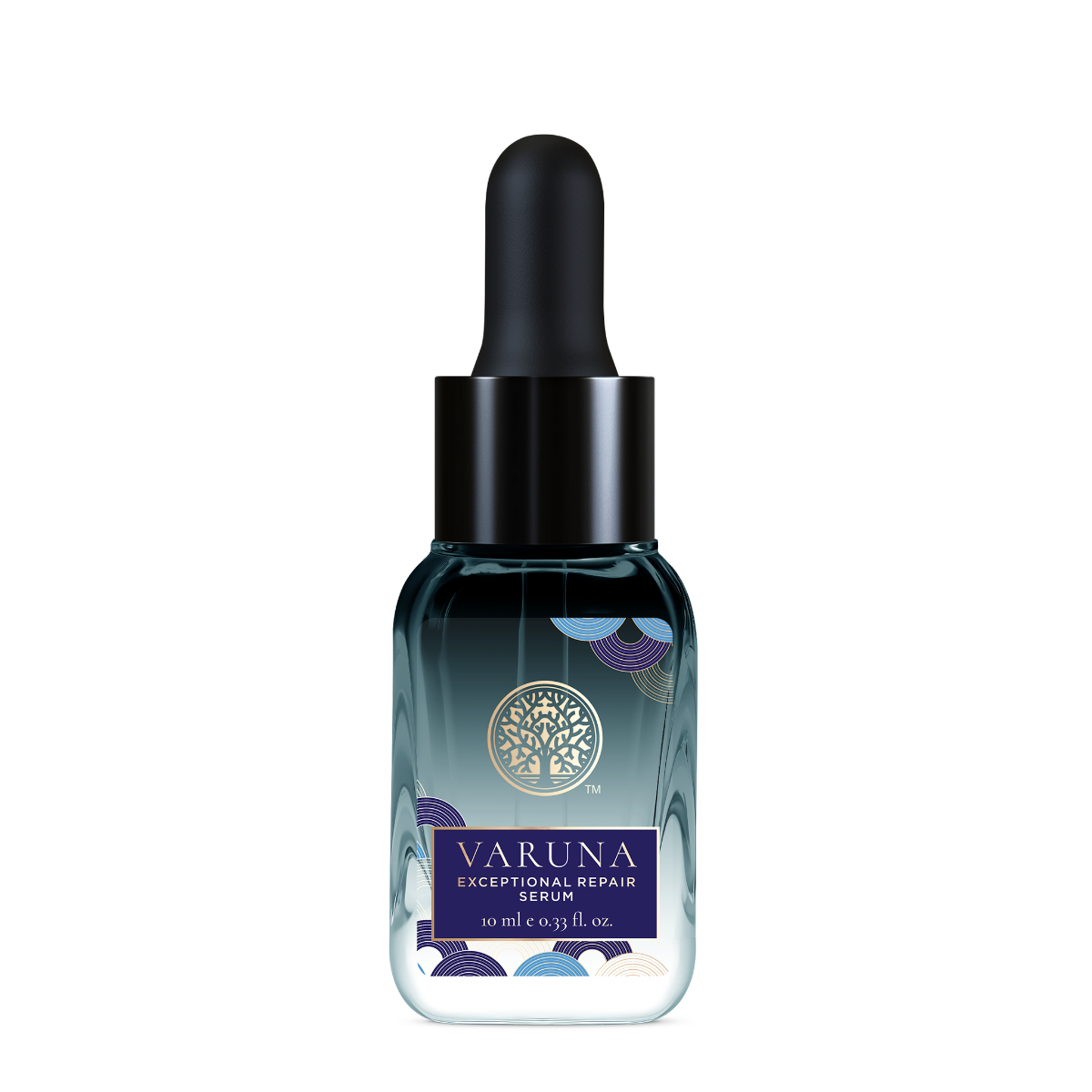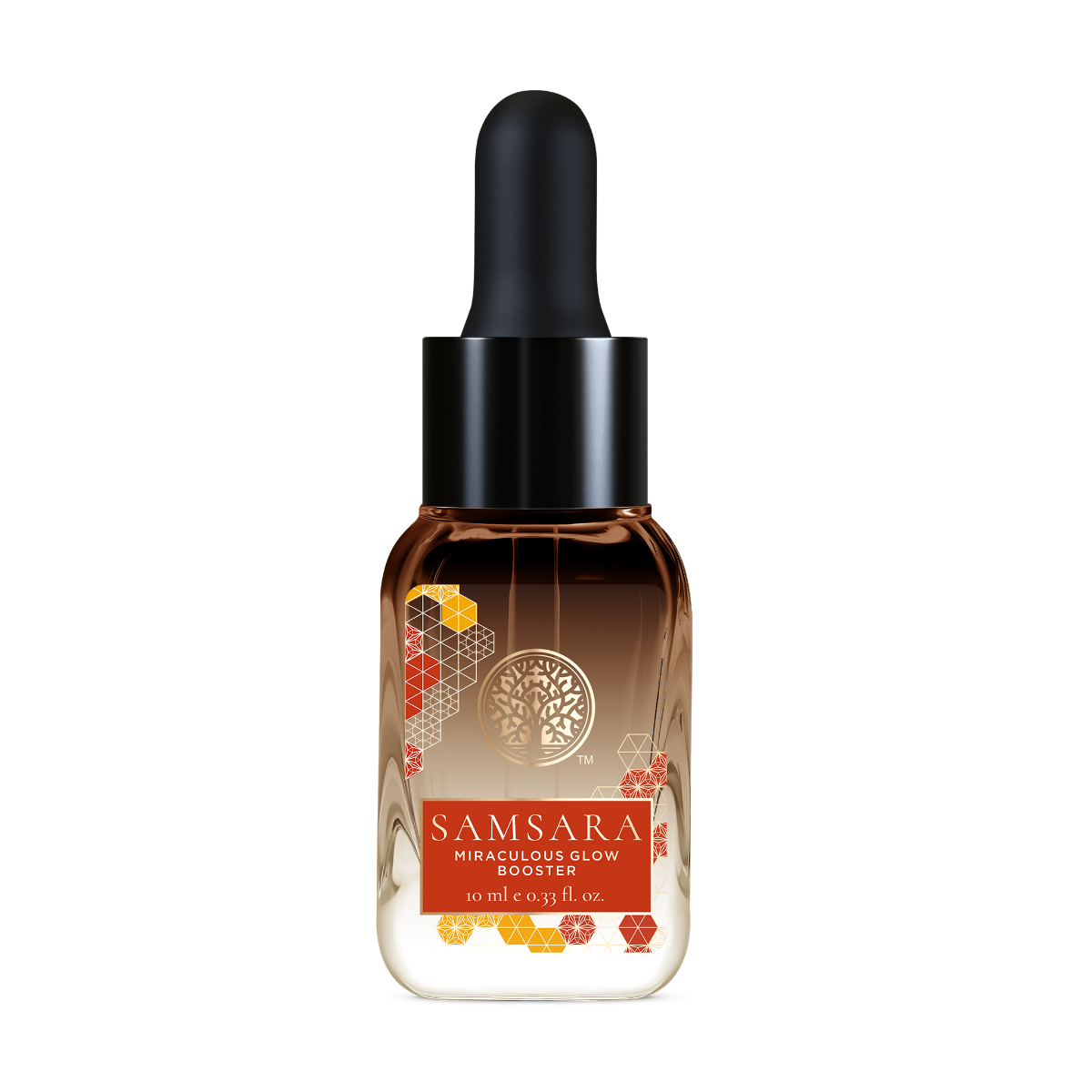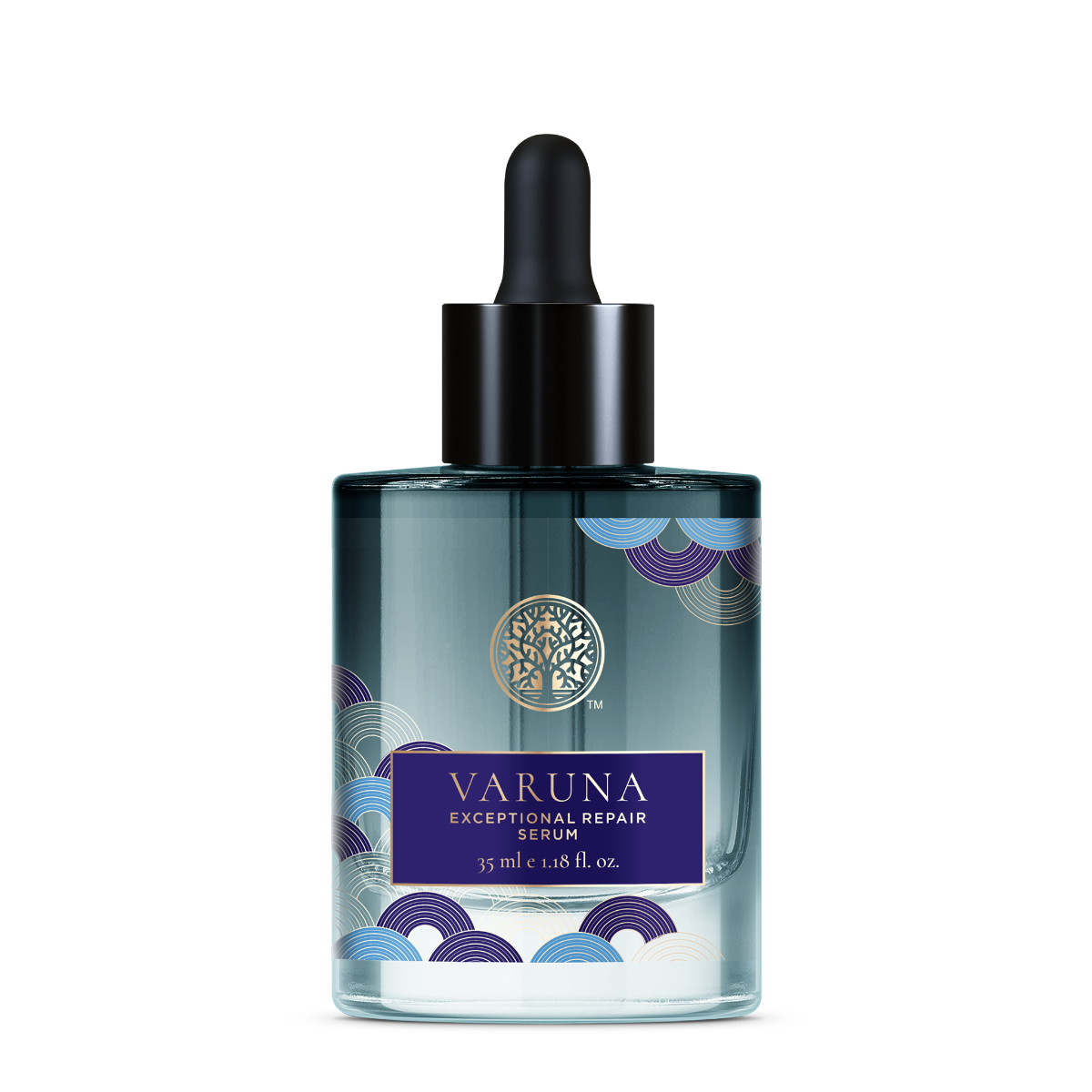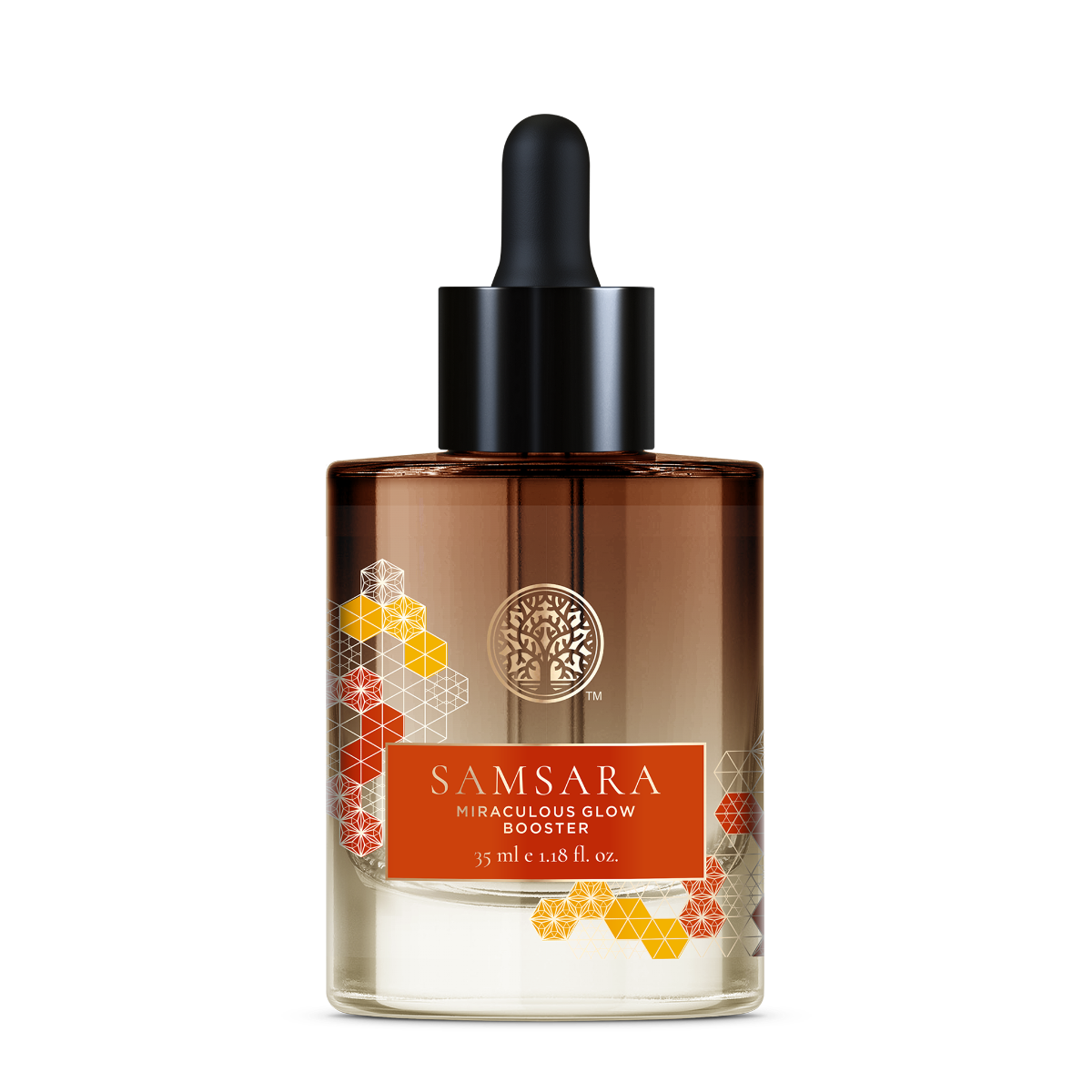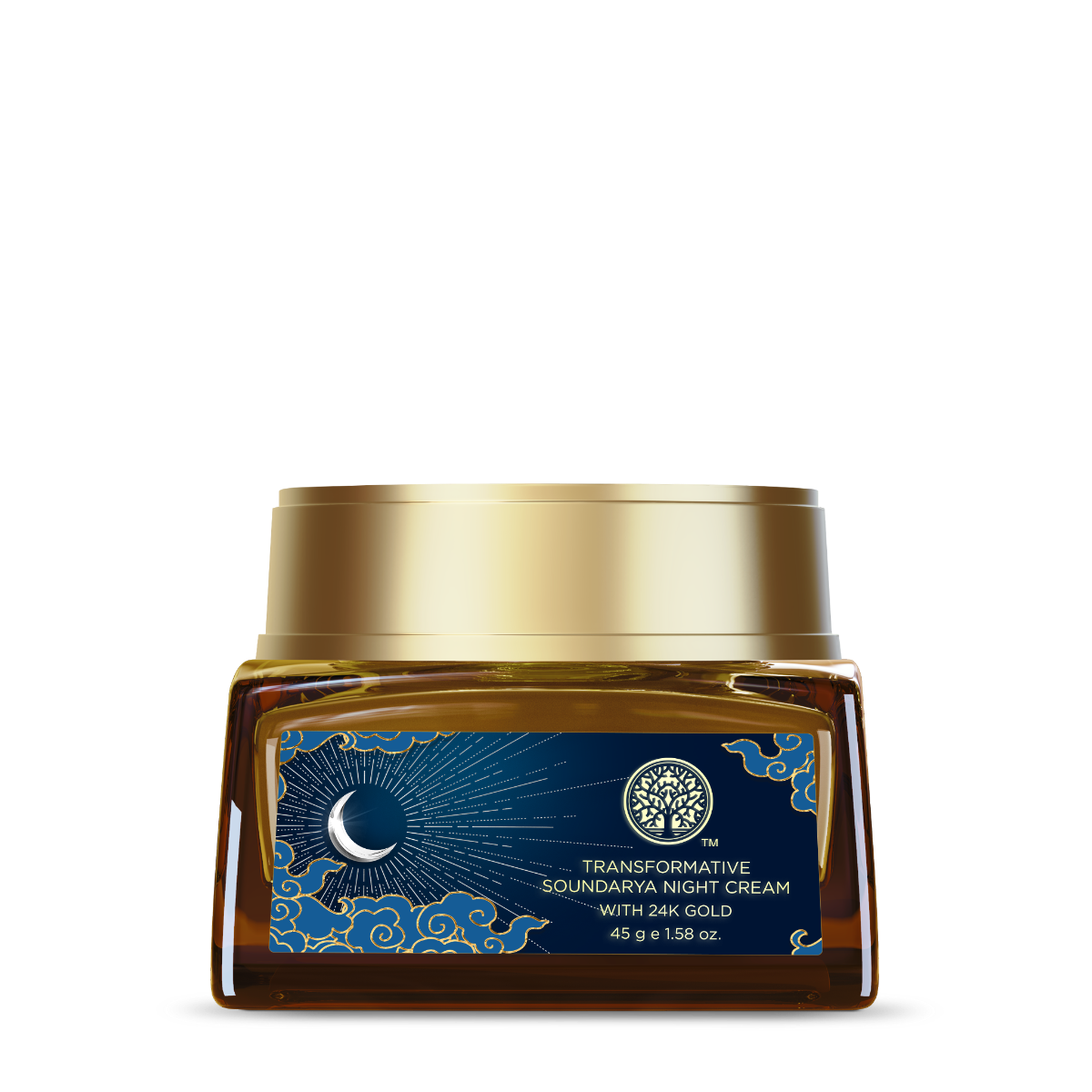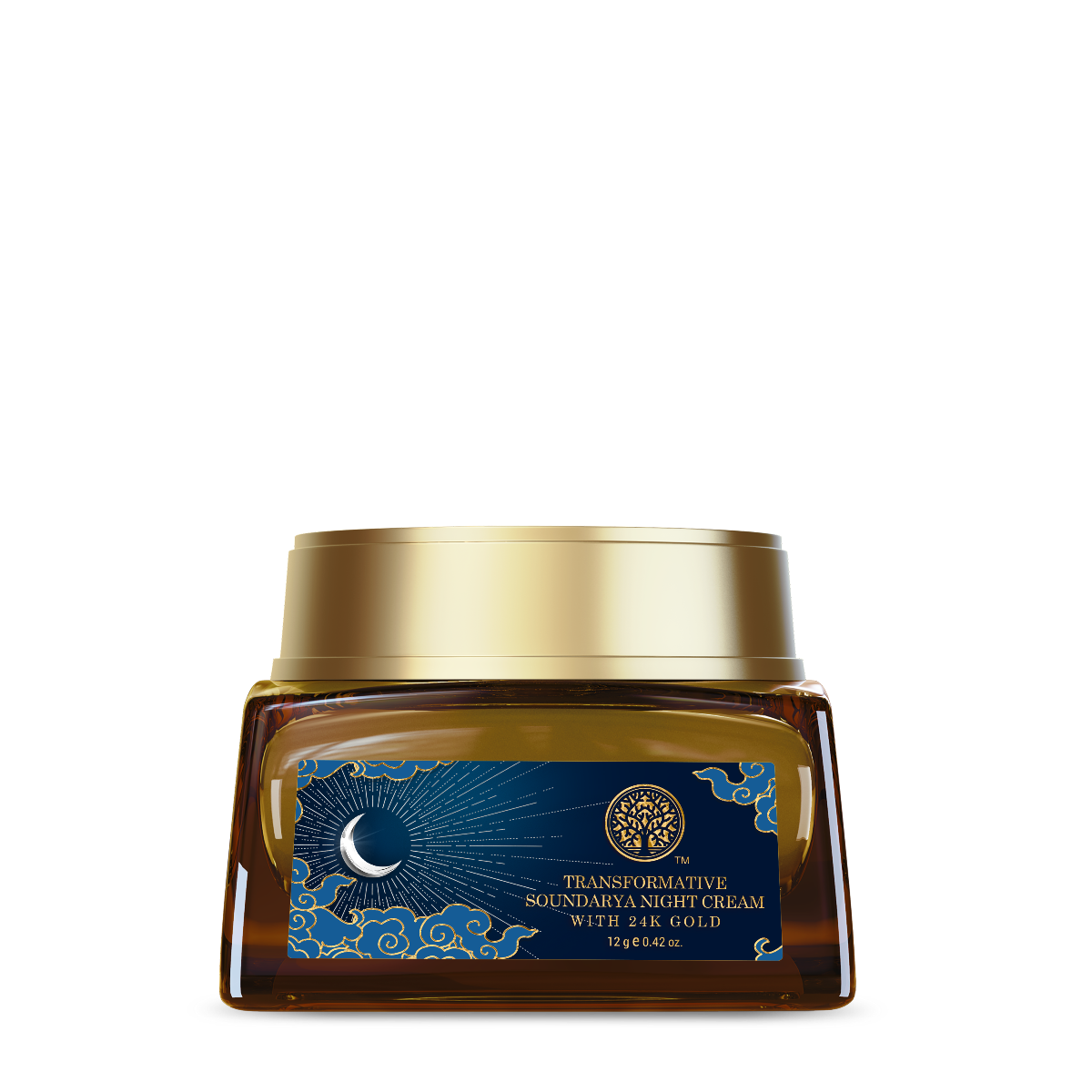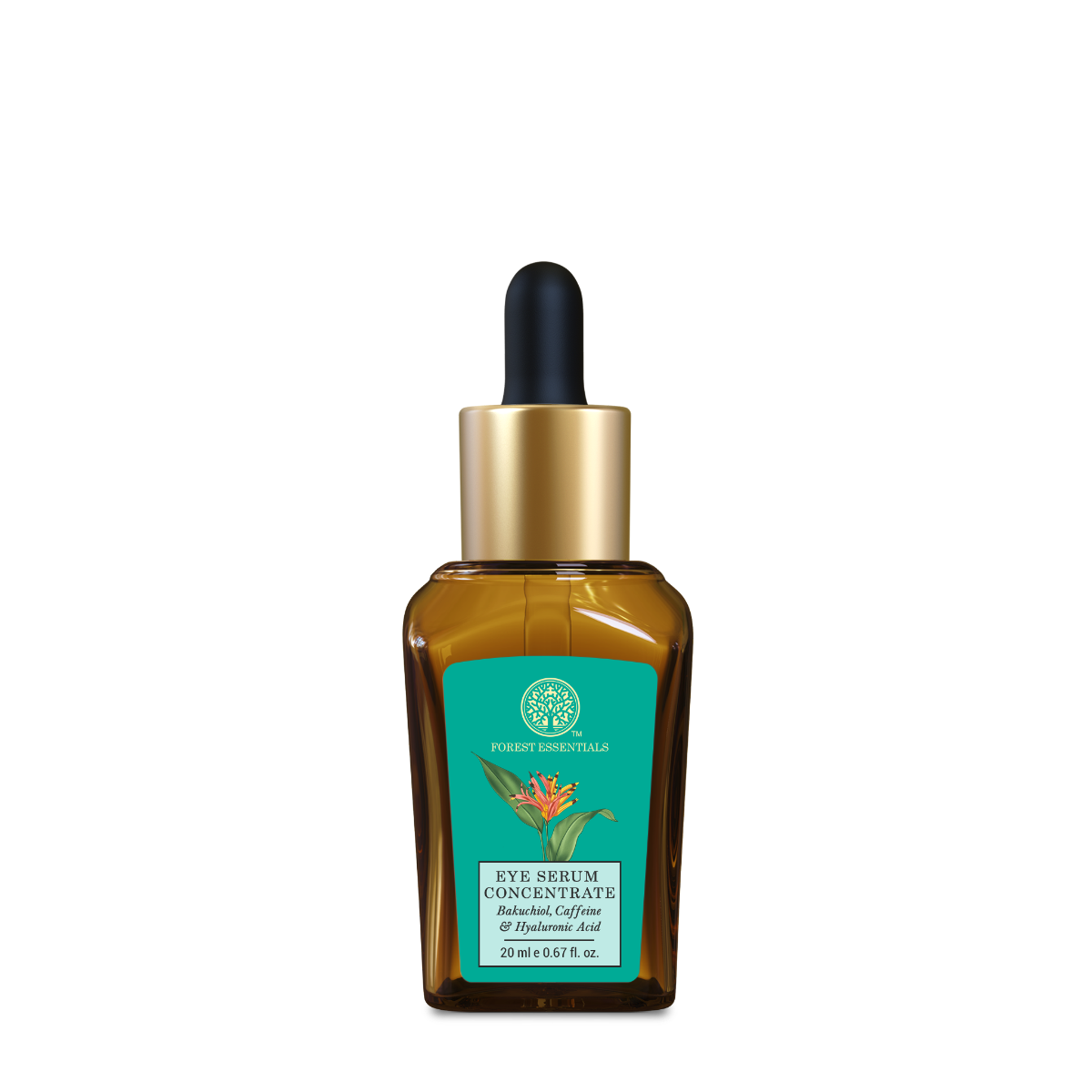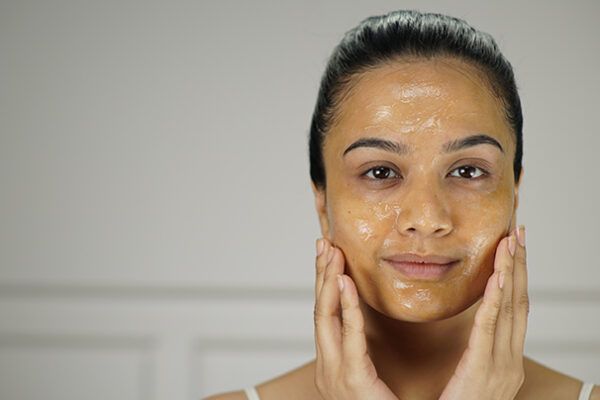Unless you’ve been living under a rock, you must have heard about Vitamin C being an absolute skincare must-have. Whether it’s the viral celebrity skincare tutorials or your closest confidants sharing their skincare wisdom, this antioxidant powerhouse is often touted as the secret to their radiant complexion.
So, if you’re curious about the details of this super ingredient and whether it’s a worthy addition to your daily regimen, read on – we’ve got the inside scoop.
What is Vitamin C?
Vitamin C, also known as ascorbic acid, is a water-soluble vitamin that plays a crucial role in various biological processes in the human body. It is an essential nutrient, meaning it must be obtained through your diet or supplements because the body cannot produce it on its own.
Vitamin C for Skincare

Vitamin C plays a vital role in skincare as a potent antioxidant. It is a naturally occurring antioxidant that serves as a shield against harmful reactive oxygen species (ROS) generated when our skin is exposed to UV light. These ROS can damage our skin cells, DNA, and collagen, leading to premature ageing and other issues. Vitamin C steps in to neutralize these ROS, preventing skin damage. It’s effective against both UVA and UVB rays, making it a valuable addition to sunscreen.
Additionally, vitamin C supports collagen synthesis, which is crucial for maintaining skin elasticity. It also has depigmenting properties, inhibiting melanin formation and aiding skin brightening. Its anti-inflammatory potential makes it helpful in treating skin conditions like acne and wound healing.
Vitamin C Benefits & Uses
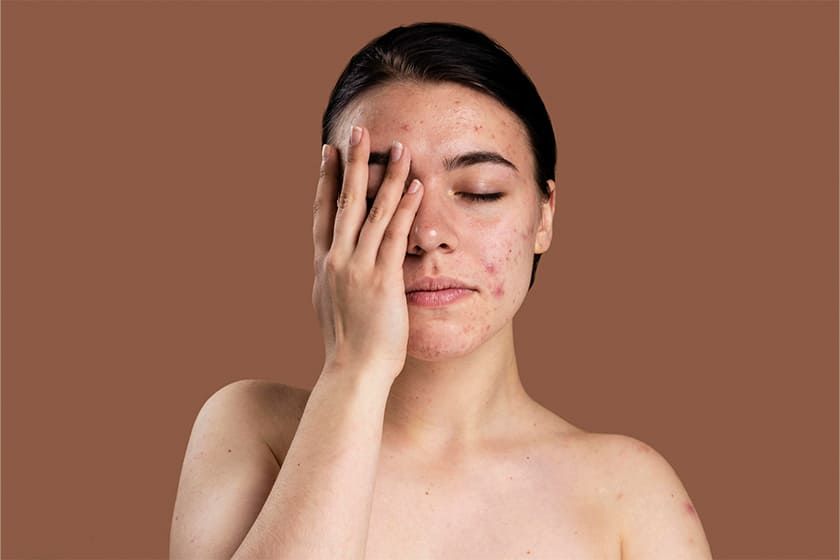
In a world where multitasking can sometimes feel overwhelming, the thought of managing a complex skincare routine with various products for different skin concerns can seem pretty daunting.
This is where vitamin C steps in as the ultimate multitasker, tackling a multitude of skin concerns simultaneously, so you can simplify your skincare routine and let it do the heavy lifting.
Vitamin C for Anti-ageing: Vitamin C is a potent antioxidant that helps defend the skin against free radicals, which can lead to premature ageing, wrinkles, and damage caused by UV rays and environmental pollutants.
Vitamin C for Dark Spots: It’s effective at reducing the appearance of dark spots, hyperpigmentation, and uneven skin tone. Vitamin C inhibits melanin production, leading to a brighter complexion.
Vitamin C for Collagen Production: Vitamin C is essential for collagen synthesis, which helps maintain skin’s firmness and elasticity. It can reduce the appearance of fine lines and wrinkles, promoting a more youthful look.
Vitamin C for Wound Healing: Vitamin C assists in the skin’s natural wound-healing process by supporting tissue repair and regeneration. It can aid in the faster healing of blemishes and minor injuries.
Vitamin C for UV Protection: While not a substitute for sunscreen, vitamin C can complement sun protection by neutralizing free radicals generated by UV exposure, providing an additional layer of defence.
Vitamin C for Natural Glow: Regular use of vitamin C for face can impart a healthy and radiant glow to the skin, contributing to a more youthful appearance.
Vitamin C for Oily Skin: It regulates the natural sebum production and helps in maintaining a more matte complexion.
Vitamin C Side-effects
In skincare, vitamin C is generally considered safe and well-tolerated for most individuals. However, high concentrations of vitamin C can sometimes lead to skin irritation, redness, or a stinging sensation, particularly for individuals with sensitive skin. To minimize the risk of irritation, it’s advisable to start with lower concentrations and gradually increase dosage.
Additionally, some people may be sensitive or allergic to vitamin C in skin care products, leading to itching, swelling, or a rash. To prevent such reactions, it’s a good practice to perform a patch test. Apply a small amount of the product to a discreet area of your skin and monitor for any adverse reactions for a day or two.
While natural vitamin C itself does not make the skin more sensitive to the sun, some formulations and combinations with other ingredients might. Always use sunscreen during the day when using vitamin C products to protect your skin from UV damage.
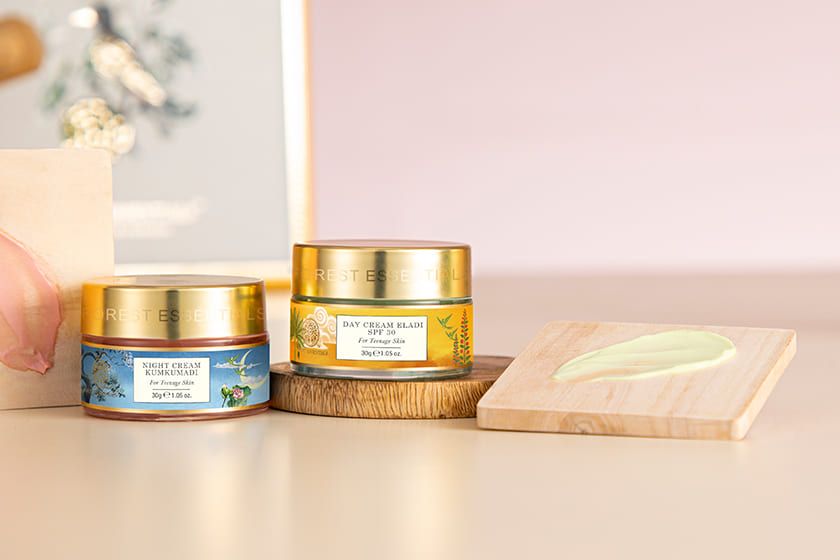
The Forest Essentials’ Best Night Creams and Day Cream, enriched with Ayurvedic ingredients rich in vitamin C, are the perfect additions to your AM-PM skincare routine. These creams, ideal for younger and acne-prone skin, offer antioxidant protection, skin brightening, and anti-acne benefits, resulting in clear, glowing skin.
For mature skin seeking deep nourishment and vitamin C benefits, the iconic Soundarya Radiance Cream with 24K Gold and SPF 25 is perfect This luxurious cream combines the benefits of vitamin C with the anti-ageing properties of gold to give a luminous, youthful complexion.

FAQs
What does vitamin C do for the skin?
Vitamin C for skin acts as a powerful antioxidant, promoting collagen production, reducing the appearance of dark spots, and brightening the complexion.
Does vitamin C make skin glow?
Vitamin C brightens skin and helps to improve the overall texture because of its anti-ageing, antioxidant, and anti-pigmentation properties.
Can I use vitamin C on my face every day?
Yes, you can use vitamin C on your face every day. In fact, daily use can maximize its benefits for your skin, but be mindful of any potential skin sensitivity or irritation and adjust the concentration and frequency accordingly.
What are the side effects of vitamin C?
Individuals with sensitive skin may experience a slight burning or tingling sensation when using vitamin C products. If your skin is sensitive to daily application, consider starting with a low concentration a few times a week or every other day, then gradually increase usage as tolerated.
Is pure vitamin C good for your face?
Pure vitamin C, when used in skincare products at appropriate concentrations, can offer numerous benefits for your face. However, pure vitamin C in higher concentrations may cause skin irritation, especially for those with sensitive skin. Therefore, it’s essential to use it as directed and consider a patch test before applying it to your face.
References
https://www.ncbi.nlm.nih.gov/pmc/articles/PMC3673383/
https://www.vogue.in/beauty/content/a-comprehensive-guide-to-vitamin-c-in-skincare
https://www.harpersbazaar.com/beauty/skin-care/a35971568/vitamin-c-serum-sensitive-skin-irritation/




















